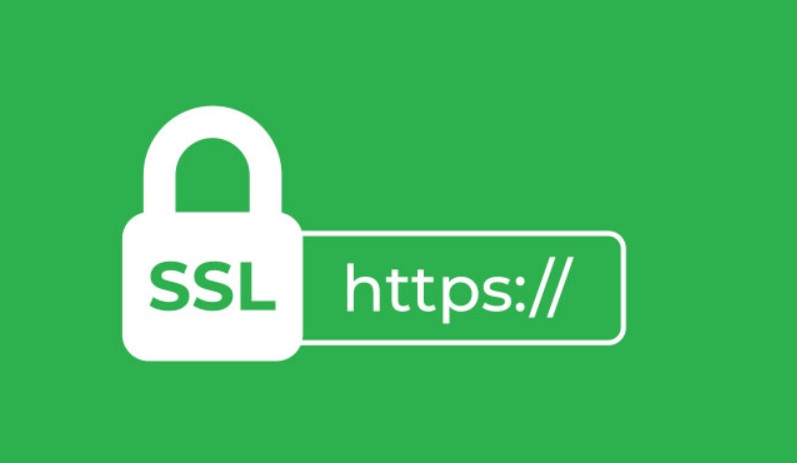In today’s digital age, ssl monitoring online security is more crucial than ever. Customers are more likely to trust websites that prioritize their security, and one key component in achieving this is SSL (Secure Sockets Layer) certificates. SSL certificates encrypt data exchanged between the user and the website, ensuring sensitive information remains private. However, simply having an SSL certificate is not enough. Regular SSL monitoring is essential to maintain security and trustworthiness.
What is SSL and Why Does it Matter?
The Importance of SSL Certificates
An SSL certificate ensures that the connection between a web server and a browser is secure, encrypting all data transferred between them. Websites with ssl monitoring are recognizable by the “HTTPS” in their URLs, which signals to users that the site is secure. Without SSL, sensitive data, such as personal information or payment details, can be intercepted and misused by malicious actors.
Building Customer Trust
SSL certificates not only protect data but also help establish credibility. In an era where online security breaches are on the rise, customers are more cautious about where they enter their information. Websites with SSL encryption foster a sense of safety, encouraging users to engage more freely with the site.
The Need for SSL Monitoring
Why SSL Monitoring is Essential
While obtaining an SSL certificate is the first step towards securing your website, maintaining that security requires consistent SSL monitoring. Certificates can expire, become misconfigured, or be revoked, which may lead to a loss of customer trust or worse, potential security breaches. If a certificate expires without notice, users will receive a warning from their browser that the site is “not secure,” which can drastically reduce traffic and conversions.
Preventing SSL Expiry
Many businesses make the mistake of neglecting SSL renewal. Letting a certificate expire can expose your website to vulnerabilities. SSL monitoring tools help by sending alerts when certificates are close to expiring, ensuring you’re never caught off guard.
Detecting Security Vulnerabilities
SSL monitoring doesn’t just track expiration dates. It can also identify security gaps such as weak encryption methods, certificate misconfigurations, or improper installations. Addressing these issues promptly ensures that the integrity of your website’s encryption remains intact.
Benefits of SSL Monitoring for Website Trustworthiness
Strengthening SEO
SSL monitoring plays an indirect role in boosting SEO rankings. Search engines like Google prioritize secure websites, and a site without a valid SSL certificate may rank lower. Consistent monitoring ensures that your website always meets security standards, which can positively influence search rankings.
Improving User Experience
A secure website creates a smoother user experience. With SSL monitoring, you can prevent potential security warnings from appearing in users’ browsers. By eliminating these barriers, you create a more seamless and trustworthy interaction for your visitors.
Protecting Against Legal Risks
Some industries, such as e-commerce or healthcare, are required to meet strict data protection regulations. Failure to maintain proper SSL encryption could result in penalties or legal actions. Regular SSL monitoring helps ensure compliance with these regulations, reducing the risk of fines or legal challenges.
Conclusion
SSL monitoring is a critical aspect of maintaining a secure and trustworthy online presence. By continuously monitoring your SSL certificates, you can prevent potential security issues, build customer confidence, and maintain a solid reputation. Investing in SSL monitoring is not just about security—it’s about preserving the trust of your customers and enhancing the overall performance of your website.
Secure your site, safeguard your users, and strengthen your brand’s credibility with regular SSL monitoring.


